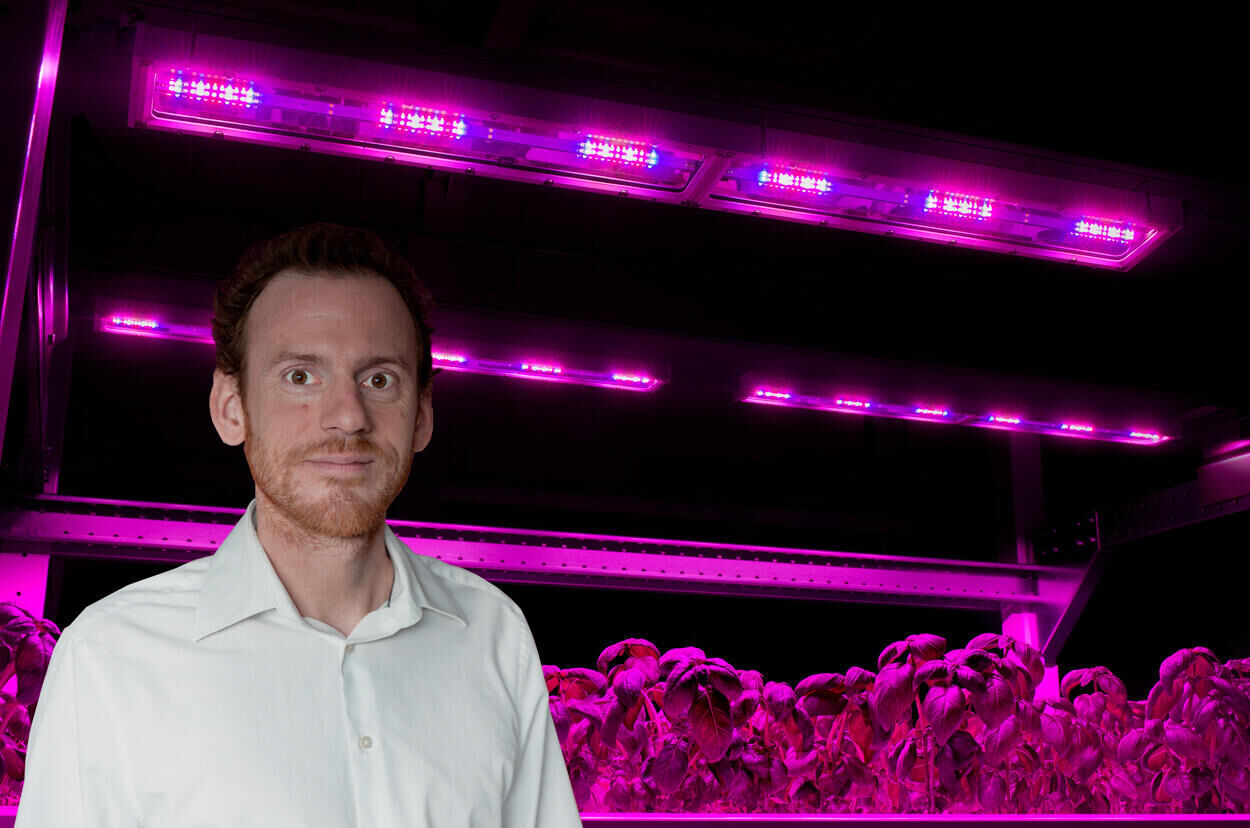News
Bernard's contribution to the innovation of greenhouse horticulture.
For Bernard Hulshof, Oreon’s Chief Innovation Officer, it is essential to do something meaningful when it comes to important global issues. "Why improve on something that’s been around for a long time, like phones or flat screens,” he wonders, “when there is a much more urgent need for improvements in the area of sustainability?"
At Oreon he is doing what he loves most: making products for an important growth market. And listening, responding to the needs of that market. “If you have enough clients, you can make more affordable things that can be used to help poorer countries in the long run.”
Solar energy in Madagascar
For his graduate thesis project, Bernard developed a light that works on solar energy, and brought it to Madagascar. That project was turned into a company: SolarWorks. It demonstrates the urge for innovation, for sustainability, to make the world just a little bit better: 80% of the population on the African island has no access to the electricity grid. “There is a global energy problem. There is a greenhouse effect. How are we going to feed all those mouths in the future? That’s a really big issue, and we at Oreon are trying to chip in a little to respond to it. We keep these questions in mind in the innovation of new products.”
Bernard gives a general idea: “All around the world, enormous development is going on in greenhouse installations. The indoor conditions are being optimized more and more. Europe and the United States are at the forefront of this, but the goal is to be able to apply all these developments all around the world soon.”
Efficient and reliable
“It's not as if I go around wrestling with these big questions in the back of my mind every day. I just want the best, most efficient and reliable product possible. But, well, I do think about it a lot. People are looking more and more at the money, rather than at sustainability,” Bernard notes. Fortunately, partly due to developments, these two things increasingly go hand in hand. Sustainability is no longer necessarily more expensive, so it is steadily becoming a more attractive option.
As an innovator, he sees that the development of LED is far from over. “The technology is expected to be able to get five to ten percent better. Isn't it great,” he says enthusiastically, “that a technology that’s been around for so long is still not fully developed?”
Oreon brings out the best in him: the team is small, there is hardly any bureaucracy. “That ensures that my work is varied. I run simulations, I do test, I write code, and I am involved in everything. Of course, you primarily do what you’re best at. For example, I mainly do 3-D drawing work, making prototypes.”
Greenhouse horticulture as a source for food
Bernard is still full of ambition. He sees greenhouse horticulture becoming an increasingly essential food source in the future. Those greenhouses are being developed, but there is still plenty of room for further improvement. “Ultimately we can only keep improving a small component: the LED fixtures. But also in water, energy, temperature, soil: there are still steps to take. I think it would be really cool to get even more out of those greenhouses, and to play a part in that through innovation.”
